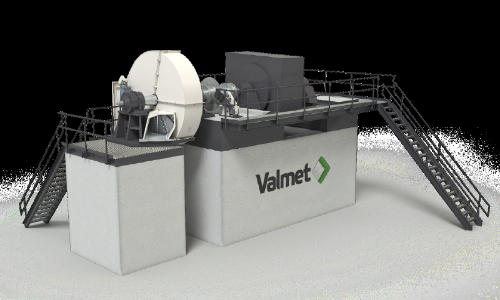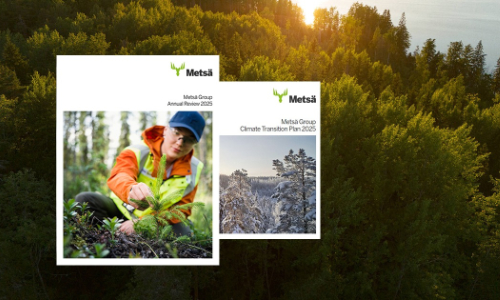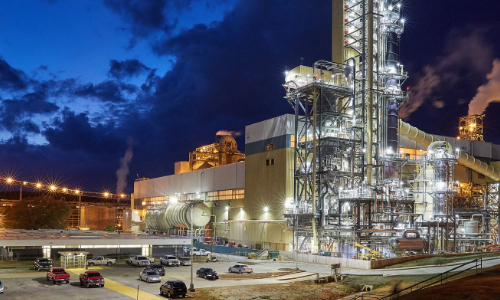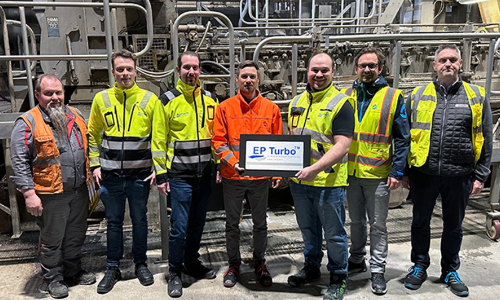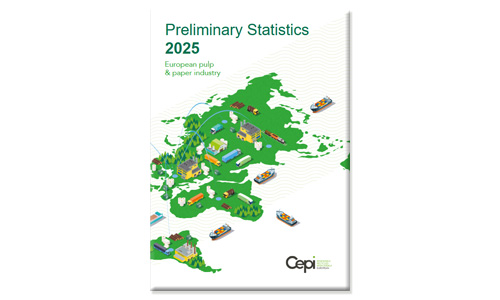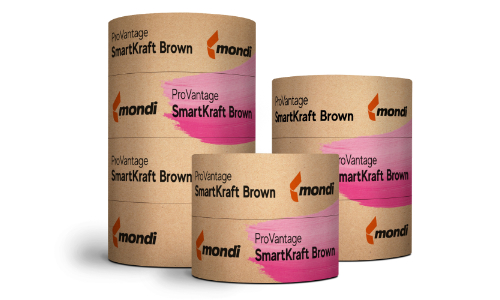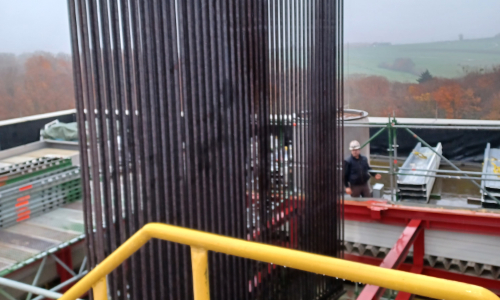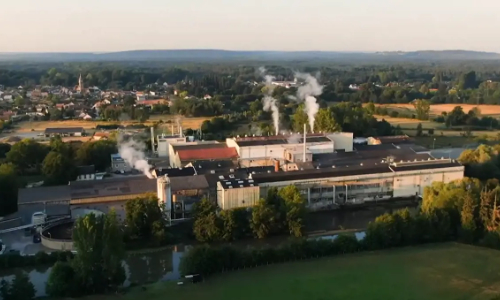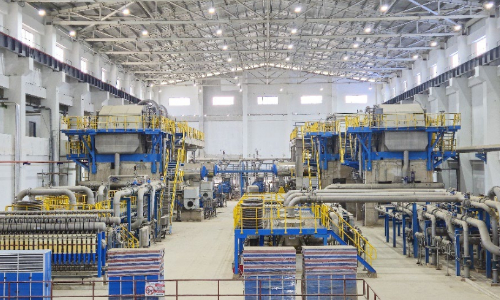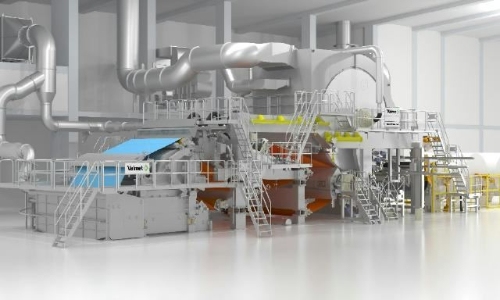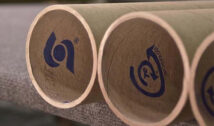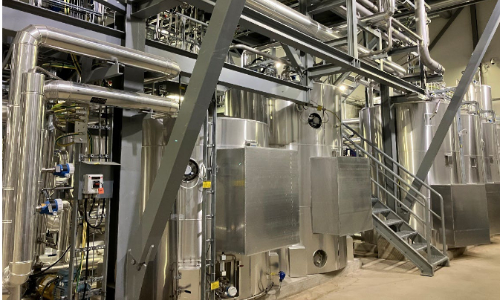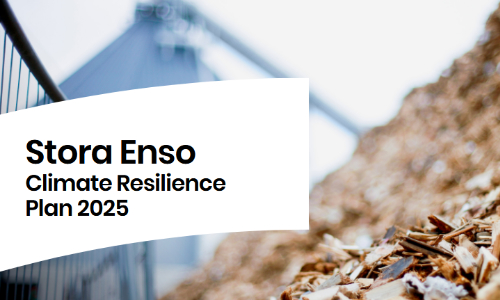
The aim of the WEPA Group is to offer high-quality products as a reliable partner for its customers. To also ensure this in the future and to expand its competitiveness, the WEPA Group has announced significant investments at its site in Bridgend, UK. The main focus is on the construction of a new paper machine with a planned annual production capacity of 70,000 tons. Furthermore, there will be two new converting lines and a complete modernisation of the palletising of the site. The project shall be realised within the next two years.
Martin Krengel, CEO of the WEPA Group: “The United Kingdom is a very important strategic market to us. We want to further grow here to continue to support our partners’ growth and to meet their quality and most importantly sustainability expectations in the best possible way in the future as well.”
Harm Bergmann-Kramer, COO of the WEPA Group, adds: “The goal of the investment is to increase capacity, efficiency and sustainability at our production site in Bridgend.”
As a result of the new machines, the amount of water and energy needed for the paper production process will be reduced significantly and waste will be minimised in converting. Furthermore, the new paper machine will allow an increased amount of recycled hygiene paper to be produced at the site.
The site in Bridgend produces toilet paper and kitchen towels for the British consumer market. It employs approximately 345 people and has been part of the WEPA Group since 2013 – initially as a joint venture before being fully acquired in 2018. Mill Manager Jordi Goma-Camps Trave: “The investment is an important step for the development of the site. It will contribute to our continued success as well as to safeguarding jobs in the region for the future.”
The investment strengthens the WEPA Group’s market position as the third largest European manufacturer in the hygiene paper market. The project is supported by the Welsh Government’s Environmental Protection scheme.




